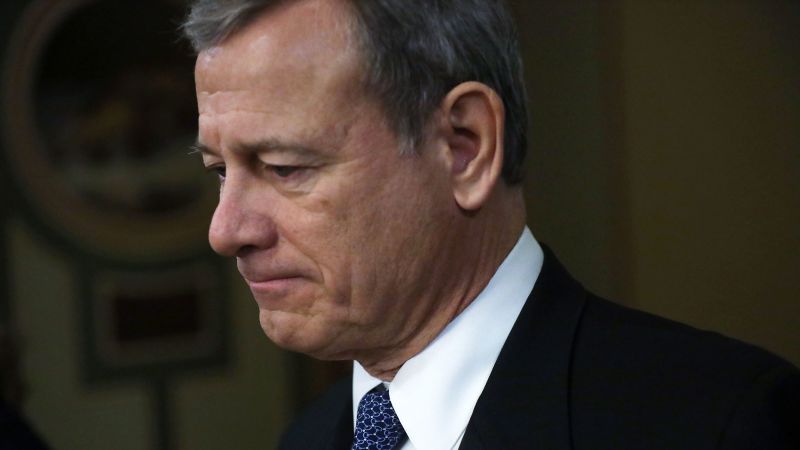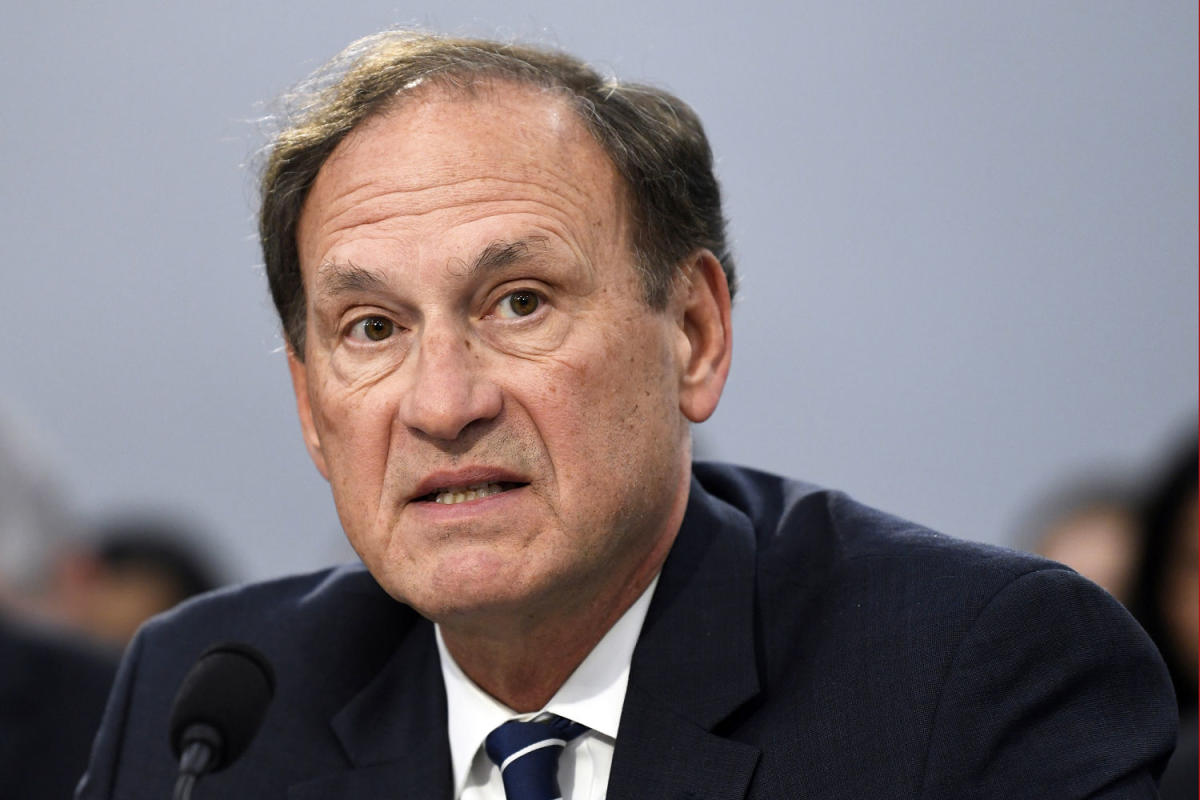
In recent news, Supreme Court Justice Samuel Alito found himself at the center of controversy after being secretly recorded in conversation with a self-described documentary filmmaker at social events. The recordings, which were later released to the public, revealed Justice Alito expressing concerns over the deep polarization in the country and the inability to compromise on issues. He stated that American citizens need to work on reducing polarization but emphasized that it is not something that the Supreme Court can do.
During one of these conversations, Justice Alito agreed with the filmmaker's statement about winning 'the moral argument' and returning 'our country to a place of godliness.' However, it is important to note that none of his remarks involved any pending case or litigation nor named any person or party. Most of the exchange consisted of the filmmaker's goading remarks and Justice Alito's vague affirmations.
Despite this, some politicians and media outlets have used these recordings as an opportunity to attack Justice Alito, labeling him an extremist and a threat to democracy based on his recorded comments. For instance, Senator Elizabeth Warren called for packing the Supreme Court with a liberal majority due to its opposition to 'widely held public opinion.'
It is crucial to remember that these recordings do not provide a complete picture of Justice Alito's views or actions. While he did express concerns over polarization and the need for compromise, it is essential to consider the context in which these comments were made and not take them out of context.
Furthermore, it is important to note that there are different perspectives on various issues, and it is natural for individuals to have differing opinions. The Supreme Court has a defined role in upholding the Constitution and interpreting the law fairly without bias or favoritism towards any particular side.
In conclusion, while these recordings may provide some insight into Justice Alito's thoughts on certain topics, they do not paint a complete picture of his judicial philosophy or actions. It is essential to consider all available information and context when evaluating the role and decisions of Supreme Court justices.



